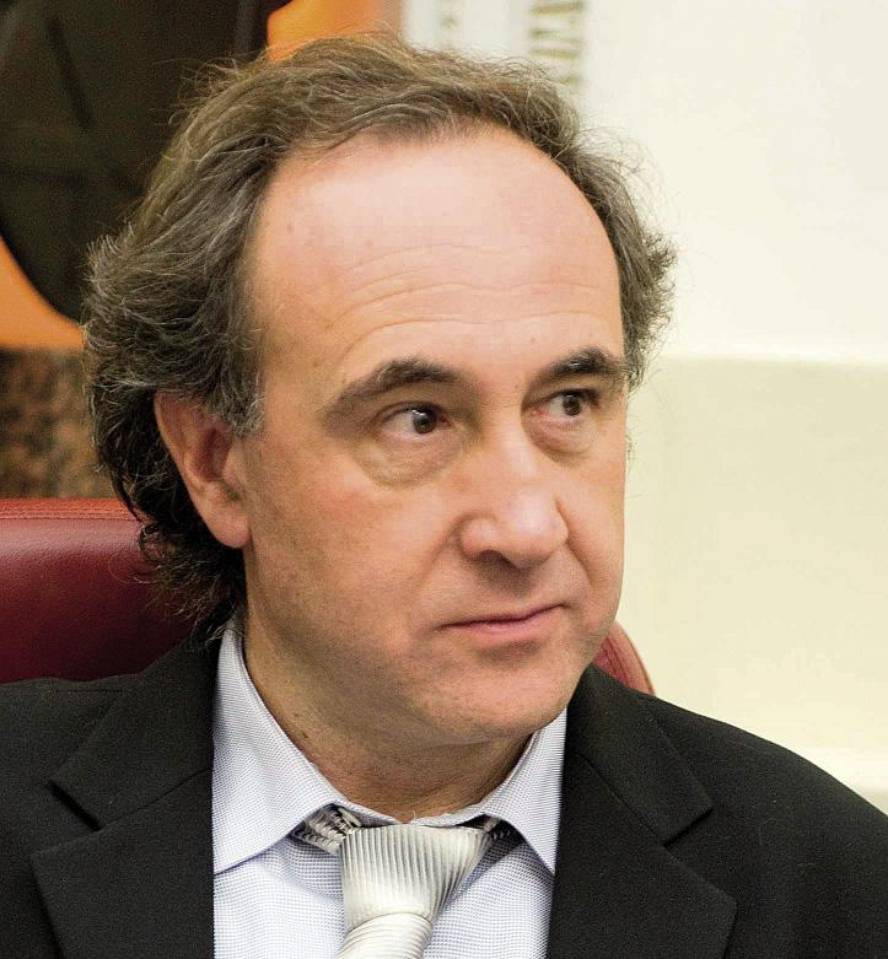“Although ironic, what attracts me most now is the opposite”
What has surprised you most, altered or fascinated you since you started working?
Many years ago I started here, and with time things are forgotten. But I have the suspicion that, when I started working in quantum chemistry, what attracted me most was our ability to reach the final end of the chemical structure and then be able to know the characteristics of a certain molecule. That fascinated me. Especially for a counterposition. In fact, in Feynman's atomic theory, the atom was the component of matter. When he studied chemistry, however, he saw that atoms were very few, which normally had molecules. And yes, the molecules are formed by atoms, but they are not simple sums of atoms, that is the magic of chemistry. These reflections led me to focus on chemical links. That hooked me.
But, even if it's ironic, what attracts me most now is the opposite. Then we did it from greater to lesser, from molecule to atom, and now we see that we have the molecules there and that create morphologies, functional morphologies. That is, morphologies that do something: bones, tissues... And its function is not in the molecules. Where does this functionality come from? Now I'm with that.
What would you like to witness the revolution or the discovery in your trajectory?
Dream both small and large-scale. On a small scale, I would like to know how the non-locality of quantum mechanics influences chemistry. I think it has, but I don't know where that effect can be, I'd like to see it. And on a large scale, one of the biggest problems we have to investigate the functionality of the molecules is that we have to process a lot of information and in the process we select. We have to decide what is meaningful and what is not, and there we always lose information. I think the advance in quantum computing will allow us to take the information in its entirety, and then we will be able to see what we can't see now.






